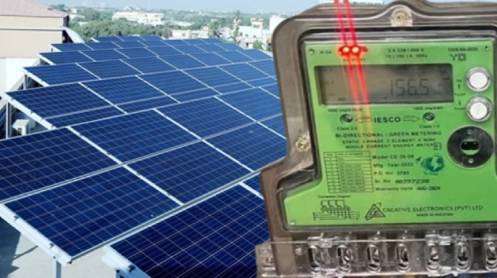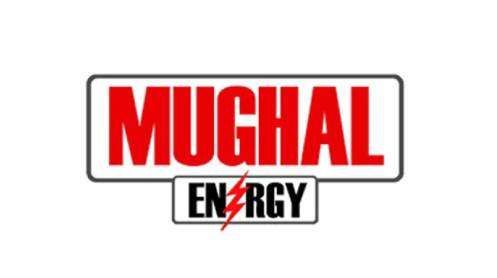ISLAMABAD: The Power Division is preparing to resubmit its controversial proposal to amend Pakistan’s net-metering regulations to the Economic Coordination Committee (ECC), following a green light from the Cabinet Division.
According to official correspondence, while the ECC had approved the proposed changes in its March 13, 2025 meeting, the Federal Cabinet deferred ratification and directed broader stakeholder consultation due to strong public and parliamentary backlash. Now, with shifting circumstances, the Cabinet Division has advised resubmission of the summary for ECC reconsideration.
The proposed amendments seek to cap net-metering contract validity at five years and reduce the buyback rate for solar power exported to the grid—from Rs 27 per unit to as low as Rs 10 per unit. The move is being driven by rising fiscal pressures in the power sector.
The Power Division argues that the current net-metering framework allows consumers to avoid fixed charges, exacerbating financial strain. In FY 2024 alone, a reduction in sales of 3.2 billion kWh due to rooftop solar adoption reportedly created a Rs 101 billion burden, raising tariffs by Rs 0.9/kWh for non-solar consumers. By FY 2034, projected losses could reach 18.8 billion kWh, adding Rs 545 billion in costs and causing a Rs 3.6/kWh hike in average tariffs.
Further complicating matters, the IGCEP 2025 anticipates over 8,000 MW of net-metering additions by FY 2034, which the Power Division describes as “forced additions,” potentially jeopardizing least-cost power planning principles.
To support evidence-based policy revision, the Power Division has sought World Bank assistance via the Economic Affairs Division for a nationwide rooftop solar assessment. In response, Eva Liselotte Lescrauwaet, Acting Operations Manager for Pakistan, confirmed the Bank’s support under its Energy Sector Management Assistance Program (ESMAP). The initiative will map current solar deployments, forecast growth, assess grid integration challenges, and provide inputs for future regulatory frameworks.
The Bank also plans to coordinate with national institutions, outlining a comprehensive scope of work and data requirements in the coming weeks. The effort aligns with broader energy reforms under the Electricity Distribution and Efficiency Improvement Project (EDEIP).
Story by Mushtaq Ghumman







